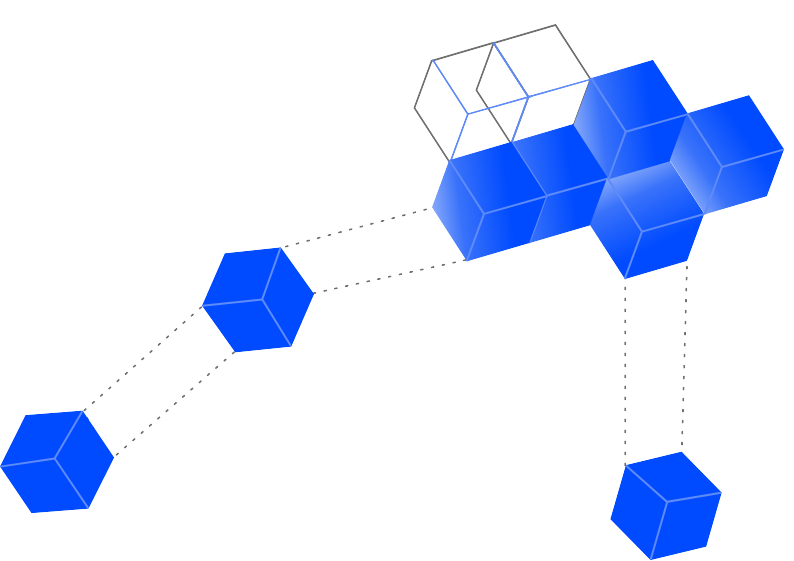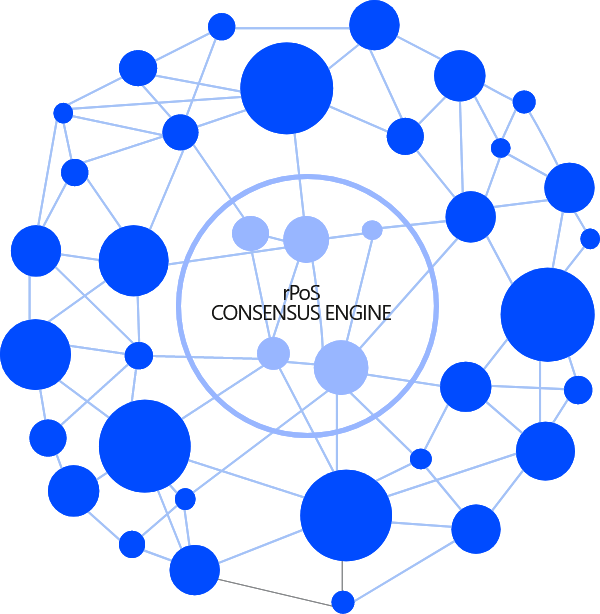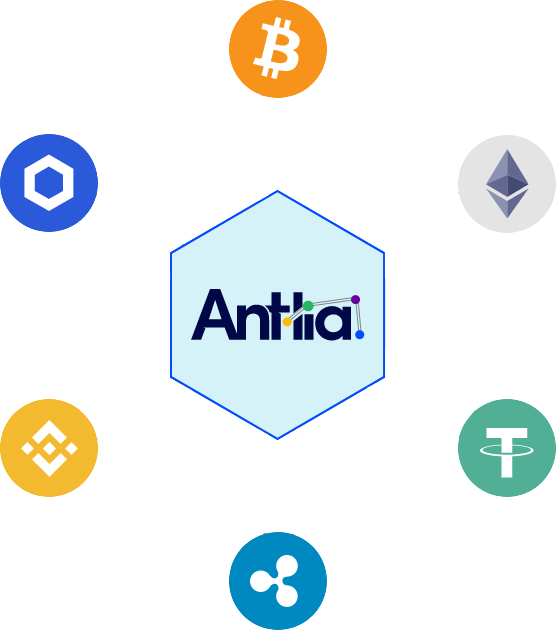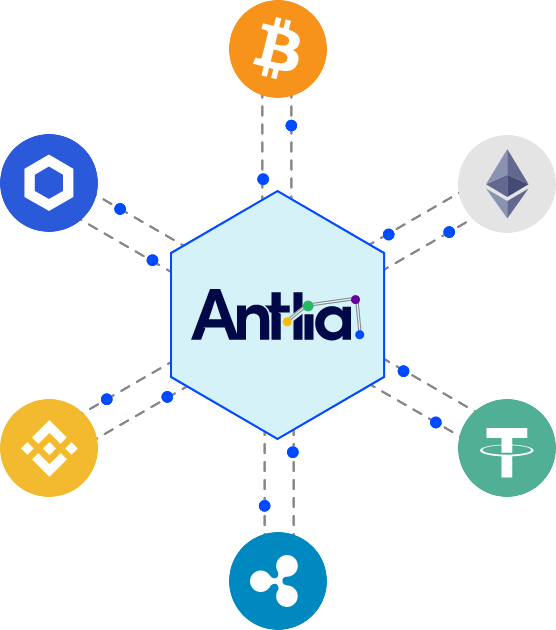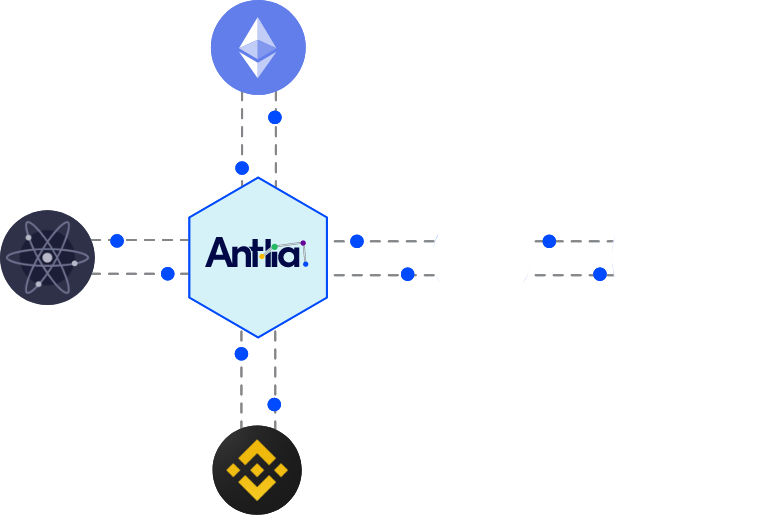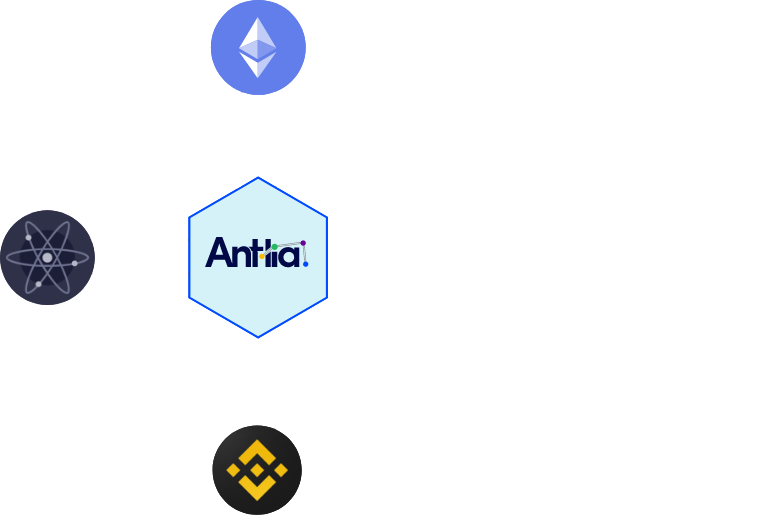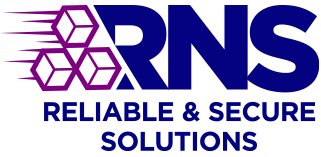use near_sdk::{near_bindgen, env};
#[near_bindgen]
#[derive(Default, BorshDeserialize, BorshSerialize)]
pub struct StatusMessage {
records: HashMap<String, String>,
}
#[near_bindgen]
impl StatusMessage {
pub fn set_status(&mut self, message: String) {
let account_id = env::signer_account_id();
self.records.insert(account_id, message);
}
pub fn get_status(&self, account_id: String) -> Option<String> {
self.records.get(&account_id).cloned()
}
}
const Web3 = require('web3');
const fs = require('fs');
const solc = require('solc');
/*
* connect to ethereum node
*/
const ethereumUri = 'http://localhost:8540';
const address = '0x004ec07d2329997267Ec62b4166639513386F32E'; // user
let web3 = new Web3();
web3.setProvider(new web3.providers.HttpProvider(ethereumUri));
if(!web3.isConnected()){
throw new Error('unable to connect to ethereum node at ' + ethereumUri);
}else{
console.log('connected to ehterum node at ' + ethereumUri);
let coinbase = web3.eth.coinbase;
console.log('coinbase:' + coinbase);
let balance = web3.eth.getBalance(coinbase);
console.log('balance:' + web3.fromWei(balance, 'ether') + " ETH");
let accounts = web3.eth.accounts;
console.log(accounts);
}
/*
* Compile Contract and Fetch ABI
*/
let source = fs.readFileSync("./contracts/BasicToken.sol", 'utf8');
console.log('compiling contract...');
let compiledContract = solc.compile(source);
console.log('done');
for (let contractName in compiledContract.contracts) {
// code and ABI that are needed by web3
// console.log(contractName + ': ' + compiledContract.contracts[contractName].bytecode);
// console.log(contractName + '; ' + JSON.parse(compiledContract.contracts[contractName].interface));
var bytecode = compiledContract.contracts[contractName].bytecode;
var abi = JSON.parse(compiledContract.contracts[contractName].interface);
}
console.log(JSON.stringify(abi, undefined, 2));
/*
* deploy contract
*/
let gasEstimate = web3.eth.estimateGas({data: '0x' + bytecode});
console.log('gasEstimate = ' + gasEstimate);
let MyContract = web3.eth.contract(abi);
console.log('deploying contract...');
let myContractReturned = MyContract.new( {
from: address,
data: '0x'+ bytecode,
gas: gasEstimate + 50000
}, function (err, myContract) {
if (!err) {
// NOTE: The callback will fire twice!
// Once the contract has the transactionHash property set and once its deployed on an address.
// Note that the returned "myContractReturned" === "myContract",
// so the returned "myContractReturned" object will also get the address set.
} else {
console.log(err);
}
});
(function wait () {
setTimeout(wait, 1000);
})();
package main
import (
"fmt"
"github.com/hyperledger/fabric/core/chaincode/shim"
"github.com/hyperledger/fabric/protos/peer"
)
// SampleChaincode implements a simple chaincode to manage an asset
type SampleChaincode struct {
}
// Init is called during chaincode instantiation to initialize
// data. We'll be adding more in this function later on.
func (t *SampleChaincode) Init(stub shim.ChaincodeStubInterface) peer.Response {
// Get the args from the transaction proposal
args := stub.GetStringArgs()
if len(args) != 2 {
return shim.Error("Incorrect arguments. Expecting a key and a value")
}
// Set up any variables or assets here by calling stub.PutState()
// We store the key and the value on the ledger
err := stub.PutState(args[0], []byte(args[1]))
if err != nil {
return shim.Error(fmt.Sprintf("Failed to create asset: %s", args[0]))
}
return shim.Success(nil)
}
// Invoke is called per transaction on the chaincode. Each transaction is
// either a 'get' or a 'set' on the asset created by Init function. The Set
// method may create a new asset by specifying a new key-value pair.
func (t *SampleChaincode) Invoke(stub shim.ChaincodeStubInterface) peer.Response {
// Extract the function and args from the transaction proposal
fn, args := stub.GetFunctionAndParameters()
var result string
var err error
if fn == "set" {
result, err = set(stub, args)
} else { // assume 'get' even if fn is nil
result, err = get(stub, args)
}
if err != nil {
return shim.Error(err.Error())
}
// Return the result as success payload
return shim.Success([]byte(result))
}
// Set stores the asset (both key and value) on the ledger. If the key exists,
// it will override the value with the new one
func set(stub shim.ChaincodeStubInterface, args []string) (string, error) {
if len(args) != 2 {
return "", fmt.Errorf("Incorrect arguments. Expecting a key and a value")
}
err := stub.PutState(args[0], []byte(args[1]))
if err != nil {
return "", fmt.Errorf("Failed to set asset: %s", args[0])
}
return args[1], nil
}
// Get returns the value of the specified asset key
func get(stub shim.ChaincodeStubInterface, args []string) (string, error) {
if len(args) != 1 {
return "", fmt.Errorf("Incorrect arguments. Expecting a key")
}
value, err := stub.GetState(args[0])
if err != nil {
return "", fmt.Errorf("Failed to get asset: %s with error: %s", args[0], err)
}
if value == nil {
return "", fmt.Errorf("Asset not found: %s", args[0])
}
return string(value), nil
}
// main function starts up the chaincode in the container during instantiate
func main() {
err := shim.Start(new(SampleChaincode))
if err != nil {
fmt.Println("Could not start SampleChaincode")
} else {
fmt.Println("SampleChaincode successfully started")
}
}
